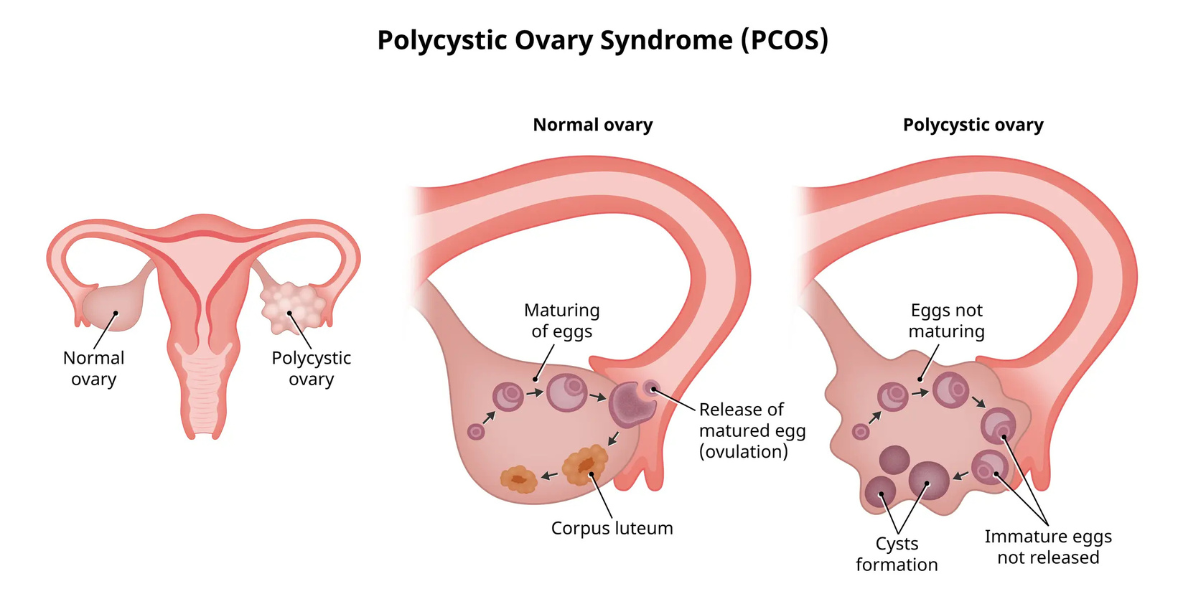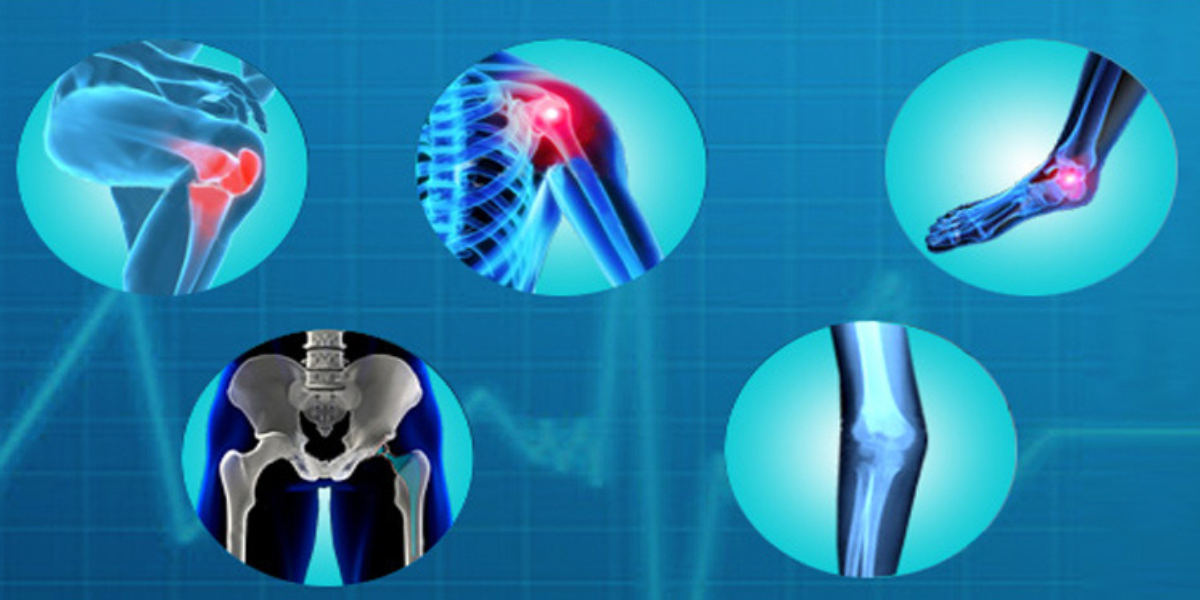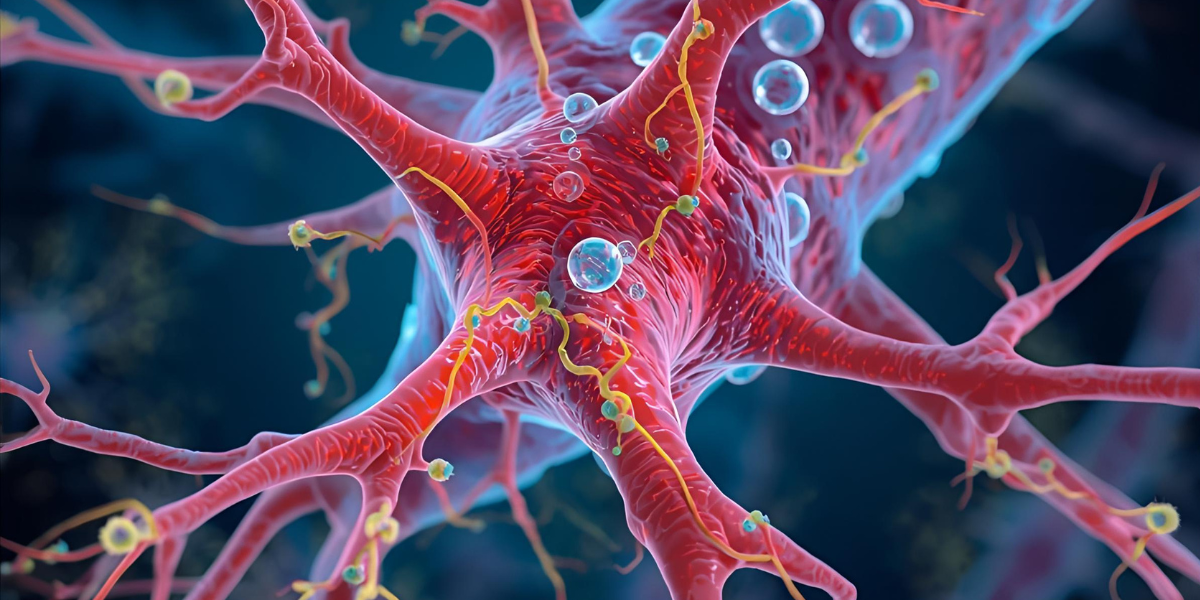
Can Heat Exposure Harm Sperm Health?
Sperm are surprisingly sensitive. While the human body is designed to keep things running smoothly, even slight changes in temperature, especially in the groin area, can impact sperm health and fertility. That’s why experts often warn against frequent exposure to heat when trying to conceive. But how exactly does heat affect sperm? And what can you do to protect your reproductive health?
Why Temperature Matters for Sperm
Unlike most organs, the testicles hang outside the body for a reason—they need to stay about 2–4°C cooler than core body temperature to produce healthy sperm. When the scrotum is consistently exposed to heat, sperm production can slow down, and sperm count, motility, and morphology may be negatively affected.
Common Sources of Heat Exposure That May Affect Sperm Health
1. Hot Baths and Saunas
Soaking in a hot tub or spending time in a sauna may feel relaxing, but the high temperatures can raise the temperature around the testicles and reduce sperm production. Even short exposures a few times a week could have a temporary impact.
2. Laptops on the Lap
Using a laptop directly on your lap may increase scrotal temperature due to both the heat from the device and the posture it requires. It’s best to use a desk or a lap stand when working for extended periods.
3. Tight Underwear and Clothing
Wearing tight briefs or skinny jeans can trap heat close to the body. While not all studies agree on how much of a difference it makes, switching to looser-fitting underwear like boxers can help reduce unnecessary heat buildup.
4. Heated Car Seats
Heated seats might be great in winter, but frequent use can warm the scrotal area more than you’d expect. If you’re planning for a baby, consider using them sparingly or turning off the seat heater once the car warms up.
Is the Damage Permanent?
In most cases, heat-related sperm damage is reversible. The body constantly produces new sperm, so improvements in lifestyle like avoiding heat sources or switching clothing can show benefits within a few months. However, if heat exposure is chronic or combined with other risk factors like smoking or poor diet, it may take longer to recover, or require further evaluation by a fertility specialist.
How to Protect Sperm Health
To support sperm health and male fertility, it’s important to be mindful of everyday habits that may raise scrotal temperature. Avoid frequent use of hot tubs, saunas, and steam rooms, as prolonged heat exposure can negatively affect sperm production. Instead of placing laptops directly on your lap, use a desk or cooling pad to prevent localized heat buildup. Opt for breathable, loose-fitting underwear to allow proper airflow and reduce heat retention. Try to limit the use of heated car seats, and maintain a healthy weight, as excess body fat can act as insulation and increase internal temperatures. Staying physically active is beneficial, but if you’re concerned about fertility, avoid intense cycling for long durations, which can also elevate testicular temperature. Lastly, if you’ve been trying to conceive for over a year without success, consider scheduling a checkup to assess your reproductive health.
Conclusion
While occasional heat exposure likely won’t cause long-term harm, repeated and prolonged exposure to high temperatures can reduce sperm quality and delay conception. Fortunately, many of these risk factors are manageable with simple lifestyle changes. If you’re planning to start your family, it’s a good idea to be mindful of heat sources and talk to a doctor if you have concerns.






